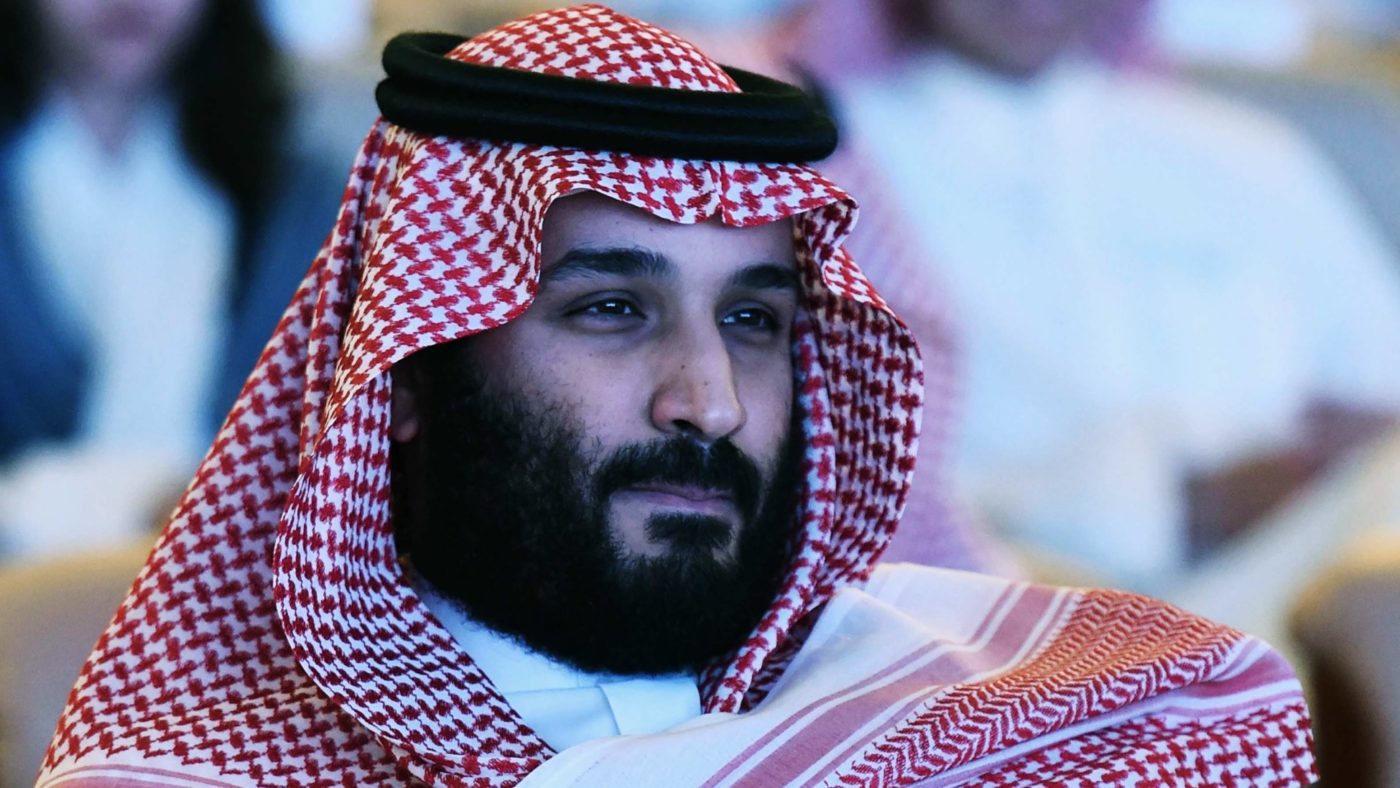The kingdom of Saudi Arabia’s conservatism is well-known. It is religious, social, and political. Saudi Arabia is a monarchy whose legitimacy is supported by clerical authority. Many outsiders, particularly Westerners, assume from this that the country is entirely retrograde, that reform of its institutions, laws and society may never come.
It’s a myopic view, as generalisations tend to be. But it does contain some resemblance to reality. Observers can, therefore, be excused for a touch of excitement at the possibility of change. And the man generating some of that excitement is the kingdom’s young crown prince, Muhammad bin Salman.
Bin Salman is 32 years old. He has held government office for little over two years. Yet despite his inexperience, bin Salman stands poised to be a deeply consequential figure, a man who may either change Saudi society dramatically for the better or fail to do so and, in turn, wreck the country’s international standing through a series of ill-judged bids for regional power.
The event which announced bin Salman as a coming man – aside from his ascent to the title of crown prince in the first place – was his purge, beginning last month, of oligarchs and dissenting members of the country’s royal house. The purge was said to be a series of anti-corruption measures. But its scope is greater and effects more extensive than this would allow.
A “shakedown” of some Saudi billionaires ensued. Some very rich men found themselves imprisoned at the Ritz-Carlton hotel in the capital, Riyadh, and induced to hand over vast assets to the Saudi state. The purge also widened to include the arresting of leading military figures.
It has been described as a classic power grab. But bin Salman is not one Gulf state prince among many. Even for a man as favoured as he has been, his ambition, for both the Saudi state and for himself, stands out.
He is a young man with some big ideas. One of them is Neom, the grandiose plan to build, from the desert up, a $30 billion city at the Gulf of Aqaba, including a bridge to Sinai. A new city of the future.
The plan for Neom sits amid a broader set of long-necessary economic and social reforms, which bin Salman has embraced. The Saudi state knows it needs to reform its economy and embrace exports and industries which diverge from the kingdom’s oil-dominated recent past. And to do so, the state requires structural reform and social change.
While the hope for reform is significant, more significant are the practical changes already made under bin Salman’s influence, such as the extension of the right to drive to women. This has instantly improved, however partially, the lot of half the country.
Neom is something else entirely: an attempt to write “humanity’s new chapter”. As well as an attempt to wean Saudi off its oil addiction. It is difficult not to experience a little awe
Such ambition is not unique to the Saudi state. Nor is it unique to the Saudi state at this time in its history. Much has changed since the discovery of oil, for example. But in bin Salman, present-day reform has found a political figurehead, and the rate of change within the kingdom appears to have sped up.
Some have compared bin Salman to the French president Emmanuel Macron. There is superficial similarity between these two young men on the move. Yet the ambition of bin Salman, unchecked by democratic mandates and term limits, surpasses that of the dynamic Frenchman.
Nor for all his energy, is he the man to bring about the revolution he seeks.
He is inexperienced. He is, like many unelected leaders, autocratic by tendency. He has not demonstrated skill and competence in his handling of foreign affairs. Included among these episodes are the incompetently conducted war in Yemen, and the imbroglio which has convulsed the politics of Lebanon and resulted in the generation of some bizarre political theatre (which, no doubt coincidentally, featured Macron in more than a walk-on role).
There is a point at which dynamism becomes mere nervous energy. Bin Salman exhibits too much of the latter for comfort.
Still, change and reform are not necessarily doomed to descend into chaos and disappointment. And it is good to see that, as the old Arab dictators die, they are not replaced by men in their ossified image.


